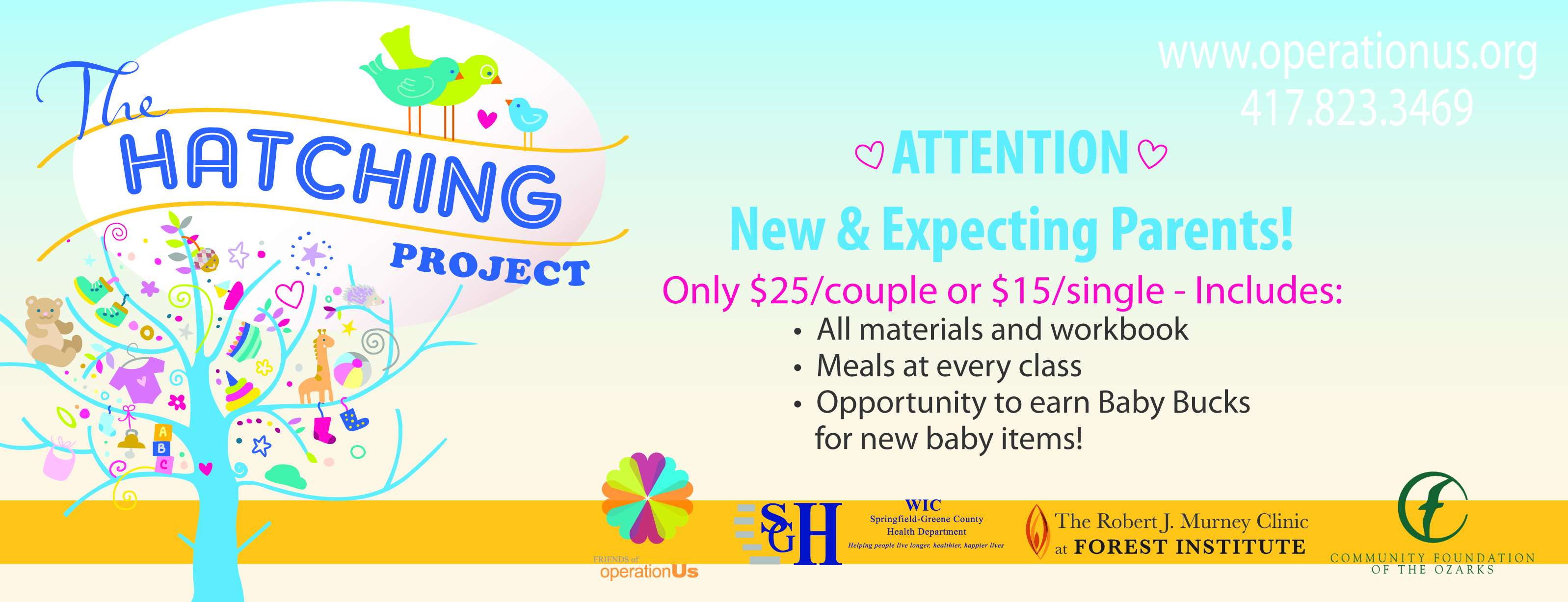 It was a sweltering 90°+ in our west facing kitchen. Dinner was finished and a sink piled high with dirty dishes awaited my sister and me. The fan blasted hot air against our sweat-dripping backs and the prospect of slipping our hands into warm soapy water was less than appealing. We pleaded with our mother to allow us to ditch the dishes until dark, in favor of a quick swim or a game of badminton now, outside where it was cooler. However, she insisted the dishes be finished first and we knew it was pointless to argue. We reluctantly turned to the sink and worked our way through the pots, pans and dinnerware, and only then went outside to play.
It was a sweltering 90°+ in our west facing kitchen. Dinner was finished and a sink piled high with dirty dishes awaited my sister and me. The fan blasted hot air against our sweat-dripping backs and the prospect of slipping our hands into warm soapy water was less than appealing. We pleaded with our mother to allow us to ditch the dishes until dark, in favor of a quick swim or a game of badminton now, outside where it was cooler. However, she insisted the dishes be finished first and we knew it was pointless to argue. We reluctantly turned to the sink and worked our way through the pots, pans and dinnerware, and only then went outside to play.
Our mother didn't know it at the time, but by insisting dishes be done before fun activities, she was encouraging our success in school. She wouldn't have considered herself an educator, so how did she know? Why was her insistence on work before play important to our future success? It turns out that learning is hard work. According to Penn State Professor Angela Duckworth, "Learning is fun, exhilarating and gratifying—but it is also often daunting, exhausting and sometimes discouraging. . . . To help chronically low-performing but intelligent students, educators and parents must first recognize that character is at least as important as intellect." Because they're not usually fun, because they require work, and because they require effort, giving children chores and seeing that they do them has a lot to do with this kind of character development.
Character—Maybe Not What You Think
So what is character anyway, at least the kind of character that leads to successful outcomes for children? It's important, here, to distinguish the kind of character researchers associate with positive results from what is known as Character Education in our schools. In How Children Succeed, author Paul Tough notes the following:
A national evaluation of character-education programs published in 2010 by the National Center for Education Research, part of the federal department of Education, studied seven popular elementary-school programs over three consecutive years. It found no significant impact at all from the programs—not on student behavior, not on academic achievement, not on school culture.
Tough highlights a number of studies about character traits that are much better predictors of life satisfaction and high achievement. The top contenders include grit, self-control, zest, social intelligence, gratitude, optimism, and curiosity. He notes the following:
• In a study conducted with 164 eighth-grade students from Philadelphia, the students' self-discipline scores were better predictors of their final GPAs than their IQ scores.
• In another study, children who were able to wait 15 minutes for their treat, as opposed to those who took their treat after only 30 seconds, had SAT scores that were, on average, 210 points higher.
• Conscientiousness was the trait that best predicted workplace success.
Character Can be Learned
For many years, character referred to something you either had or you didn't. Some people possessed it and others did not. This all began to change with studies done by Seligman and Peterson in the area of positive psychology. Tough reports, "Seligman and Peterson defined character in a different way: a set of abilities or strengths that are very much changeable—entirely malleable, in fact. They are skills you can learn; they are skills you can practice; and they are skills you can teach."
Positive psychology hadn't even been discussed or thought of during the era when my mother insisted we wash dishes on hot August evenings in a steamy kitchen without air conditioning. She somehow knew that life could be difficult and uncomfortable at times and set about preparing her children to persist in spite of impediments. Next week we'll talk more about some specific things parents can do to help children succeed.







